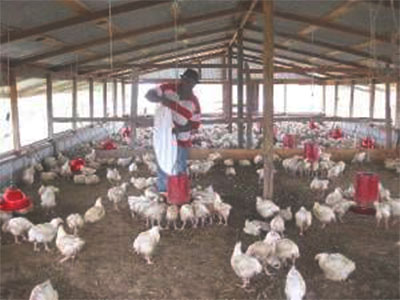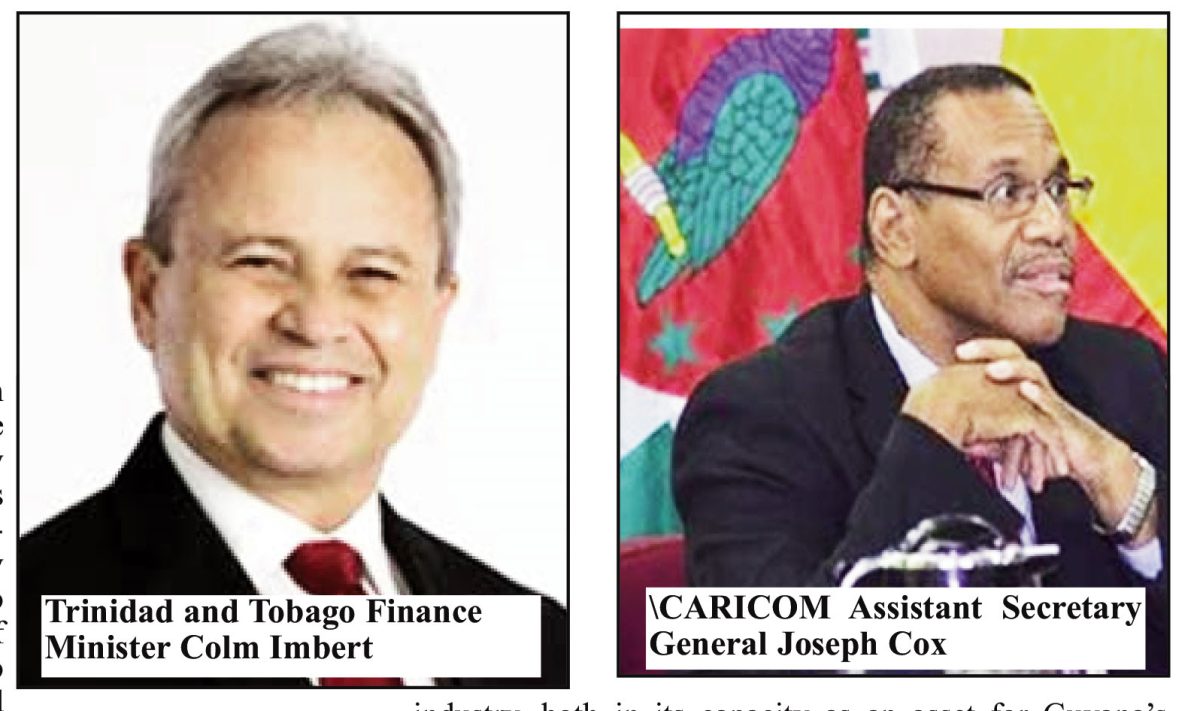Whenever the issue of what is widely believed to be the importation of foods into the Caribbean that are either readily available in some territories but which are overlooked in favour of extra-regional sources, the issue of chicken imports into the region is never far away. Back in July last year, President Irfaan Ali effected a public pat on the back from the Caribbean Private Sector Organization (CPSO) after the President had made the announcement that Guyana would be lowering the financing costs for investment in the local industry, repeating, in the process, the oft-stated comment that the regional poultry industry can, through its own production efforts, re-direct the estimated $US149 million dollars spent on importing chicken from the United States, annually.

In the matter of the importation of chicken from the US, however, the tendency in the region has always been to mimic the saying that the noise in the market was not the sale. Put differently, the persistent chatter regarding the desirability of the Caribbean spending much greater amounts of establishing a more robust chicken industry of its own has always appeared, sooner rather than later, to disperse like chaff in the wind, with much of the region scurrying back to the US to secure generous importation of what is believed to be the Caribbean’s favourite meat.
A week ago, Trinidad and Tobago’s Finance Minister, Colm Imbert, was quoted in a section of the media in Port-of-Spain as saying that it was time that the region adjust its stance on the chicken issue to a posture of a more robust support for the local and regional chicken industry. He was, at the time, addressing the Caribbean Poultry Association’s 7th International Technical Symposium & Exhibition, held on Tuesday May 14, and hosted by the Caribbean Poultry Association, his remarks centred on the theme of ‘Sustainability & Resilience in the Caribbean Poultry Sector.’ Significantly, Imbert reportedly made no secret of his concern that reduced chicken imports was likely to place a significant dent in the country’s overall food importation bill, a circumstance that applies to CARICOM member countries, as a whole. That he reportedly made the remark in his capacity as Acting Prime Minister did not, it seems, inhibit his ‘vested interest’ as the country’s Finance Minister.
For the T&T Finance Minister, it was clearly a matter of ‘seizing the moment,’ reportedly asserting from a standpoint of nationalism that the unchecked importation of chicken from the US was compromising the enterprises of local producers, whom he asserted had the capacity to meet the demands of the local market. “We must thus work together to counter this and continue to examine and update our tariff barriers and trade mechanisms to protect and support our local poultry producers,” Imbert reportedly told the gathering. At the same forum, CARICOM’s Assistant Secretary General, Joseph Cox, asserted the importance of the role of the poultry industry in driving sustainable growth and resilience across the region. Cox reportedly reminded that the region’s poultry industry was important to the “vision 25 by 2025, which was created to support the transformation of the Region’s food system to one that is sustainable and resilient, ensuring food security and improved livelihoods for the people of the region.”
Guyana’s President Ali has also gone on record as underscoring the importance of the region’s poultry industry, both in its capacity as an asset for Guyana’s business, as well one of the vehicles through which the country seeks to support the region’s cutting of the Caribbean’s food import bill by 25% by 2025.





